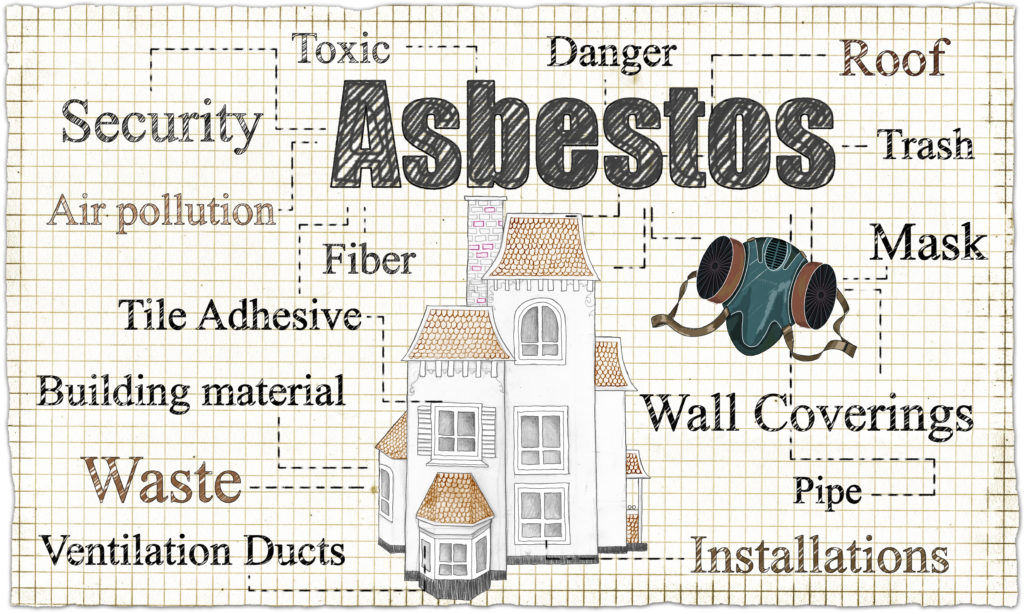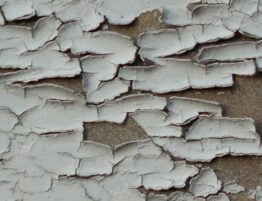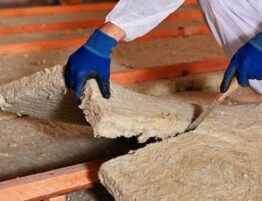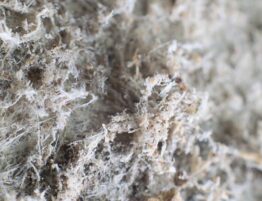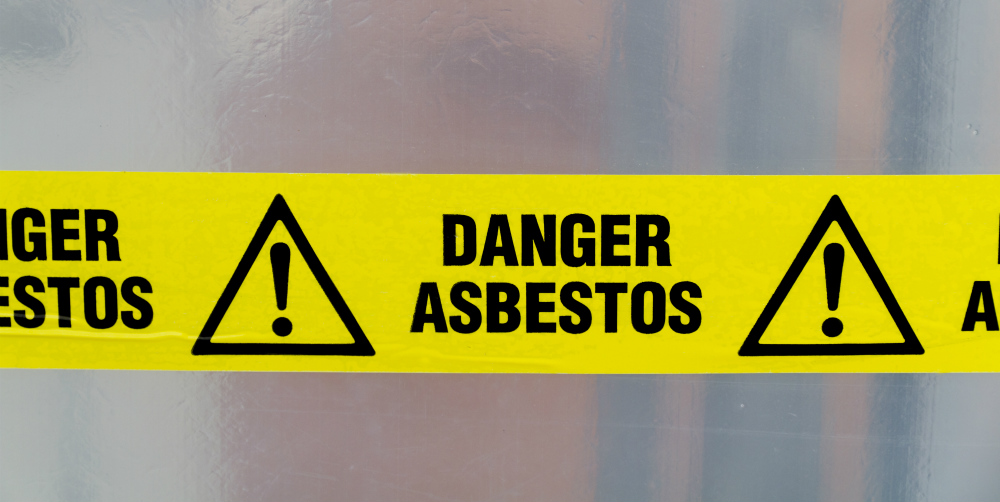
Asbestos is a naturally occurring mineral. For a number of reasons, it was considered ideal for use in many materials such as insulation, flooring, etc., beginning in the 1800’s until the end of the 1900’s. Asbestos is a very strong material. When broken down into dust, it cannot be seen but the particles remain super strong. Since it is so difficult for these particles to be broken down, they can cause an array of problems if inhaled. Asbestos fibers can stay in the human body for more than thirty years undetected. Even after decades, someone exposed to asbestos can begin to show symptoms of diseases such as mesothelioma.
What exactly is mesothelioma?
Mesothelioma is a type of cancer. It grows in the thin layer of tissue that covers most of our internal organs. It is a very aggressive form of cancer and can be fatal. There are treatments available but mesothelioma, unfortunately, sometimes cannot be cured. It most commonly affects the lungs, but can also affect the abdomen or heart.
How do I know if I have mesothelioma?
The only way to know for sure if you have mesothelioma or an asbestos-related disease is to go to a medical professional and get tested. If you show any of the following symptoms, you may want to go to a doctor (especially if you know you have been exposed to asbestos):
- Pain in your chest, or abdominal area
- Loss of appetite or weight loss
- Difficulty breathing, shortness of breath
- A dry, persistent cough
- Unusual lumps on your chest or abdomen
- Abdominal swelling or pain
- Swelling or a mass on a testicle (for men)
Learn more about our asbestos abatement services
Why do people develop mesothelioma?
As with all types of cancer, mesothelioma begins with a mutation within a cell that causes the cell to grow and multiply beyond the normal rate. We don’t know exactly what causes the initial mutations that cause mesothelioma to develop. Cancers develop based on a combination of factors including your genetics, your environment and your lifestyle.
Mesothelioma is usually related to asbestos exposure. Smokers who are exposed to asbestos are much more likely to develop mesothelioma or respiratory problems compared to non-smokers who are exposed to asbestos.
How can I keep from getting mesothelioma?
Minimizing or avoiding exposure to asbestos is the best way to minimize your risk of developing mesothelioma. People who work with asbestos (or live with someone who works with asbestos) need to take extra precautions. If you work as a miner, construction worker, mechanic or manufacturer/factory worker, you may be exposed to asbestos. It’s important to talk to your employer and ask if there is any of risk of asbestos exposure at your workplace.
If you are in a position where you are working around asbestos, it is critical to follow all safety regulations. This could include showering and changing clothes after a shift or wearing protective gear. In addition to talking to your employer, it is a good idea to talk to your doctor if you are being exposed to asbestos.
Our locations
Metro Atlanta, GA
Asbestos Removal PRO
3338 Peachtree Rd, Unit 2104
Atlanta, GA 30326
Phone: 404.456.6438
South Florida
Asbestos Removal PRO
827 NW 47th St,
Miami, FL 33127
Phone: 305-699-2565

